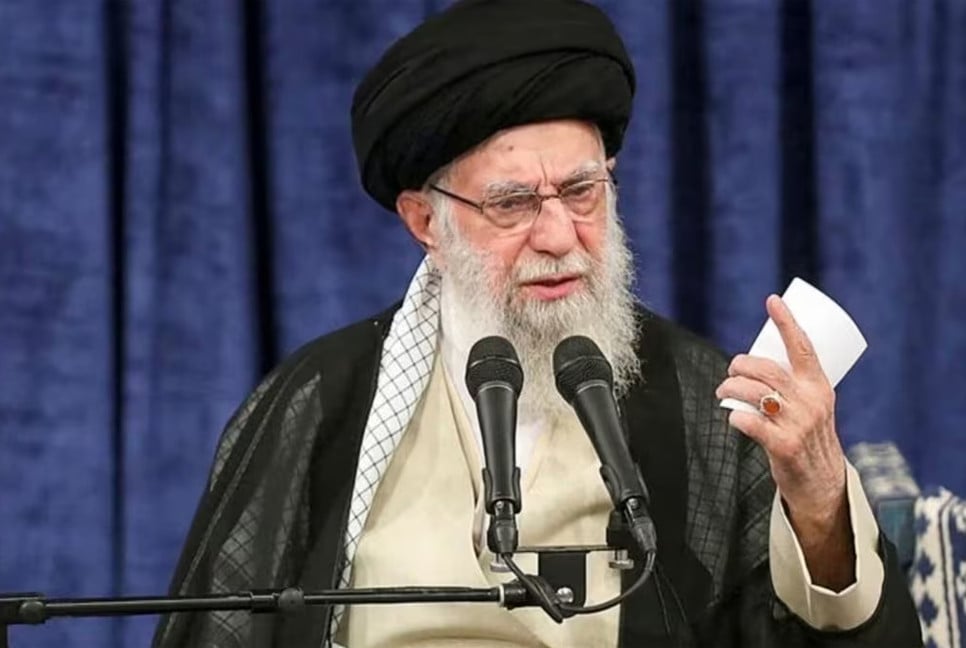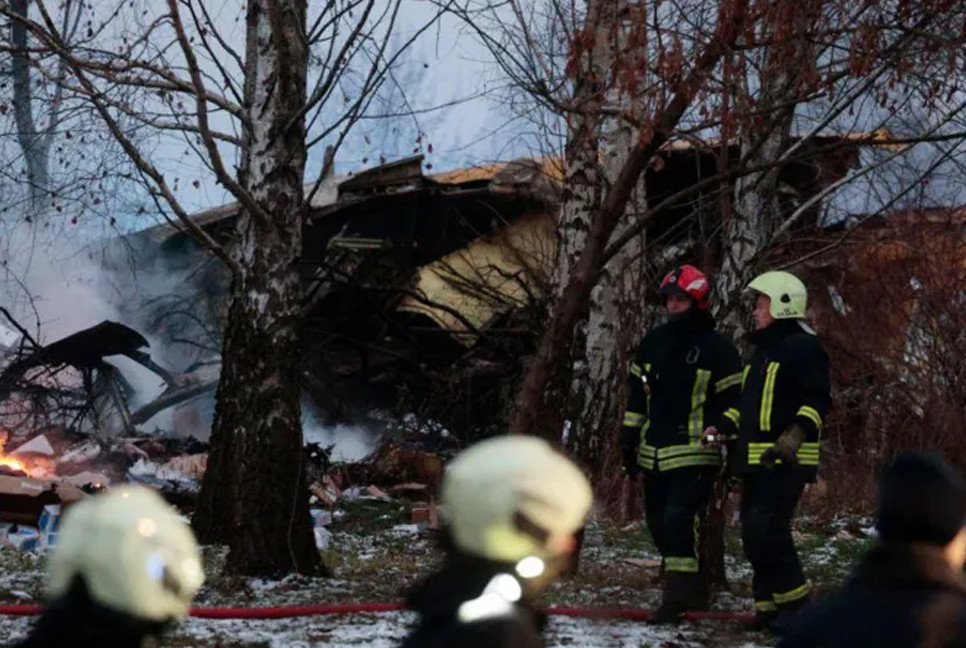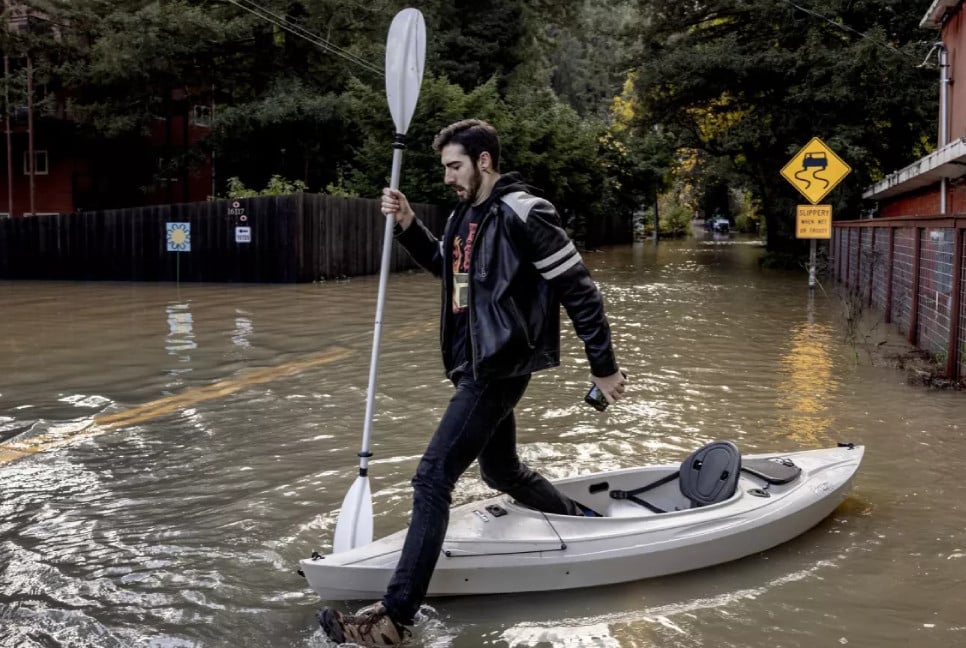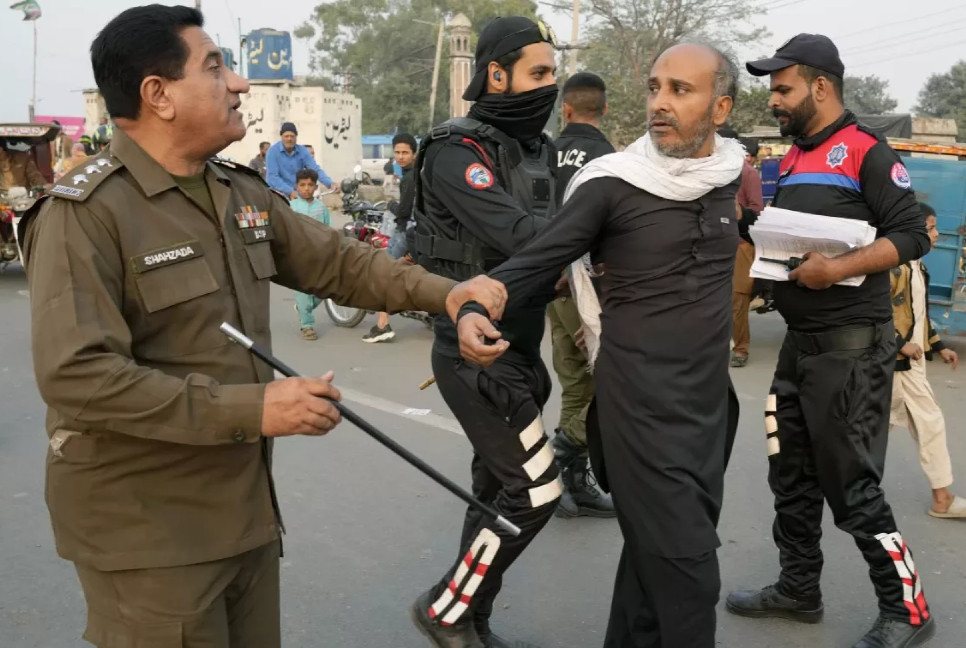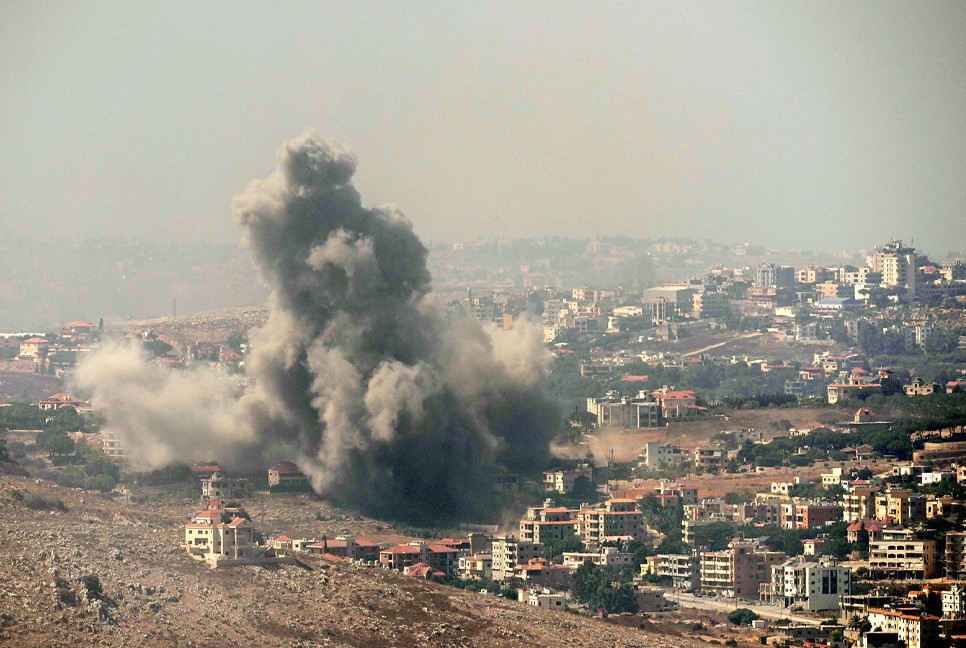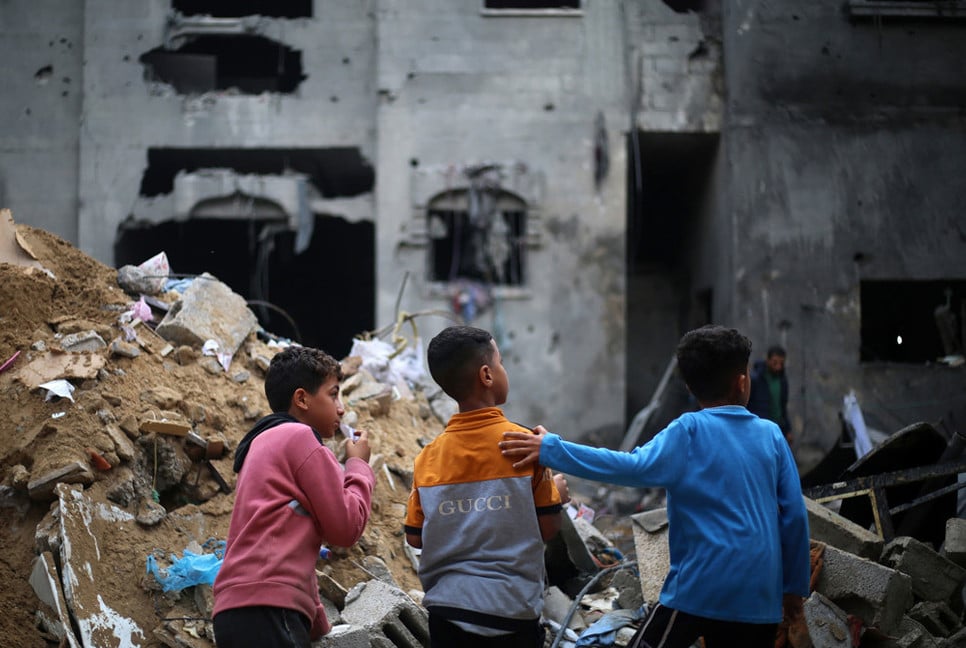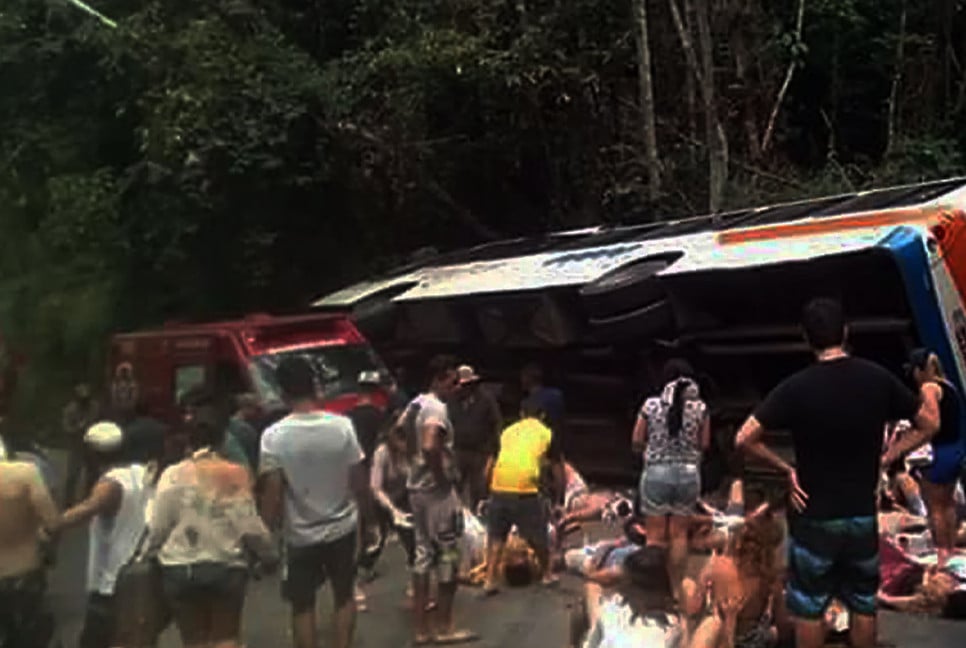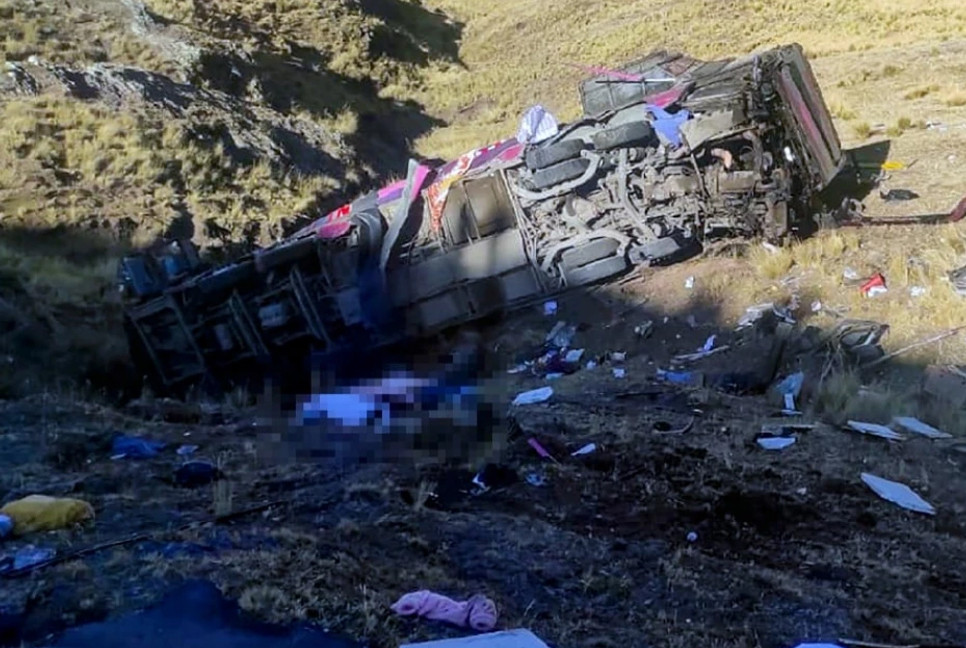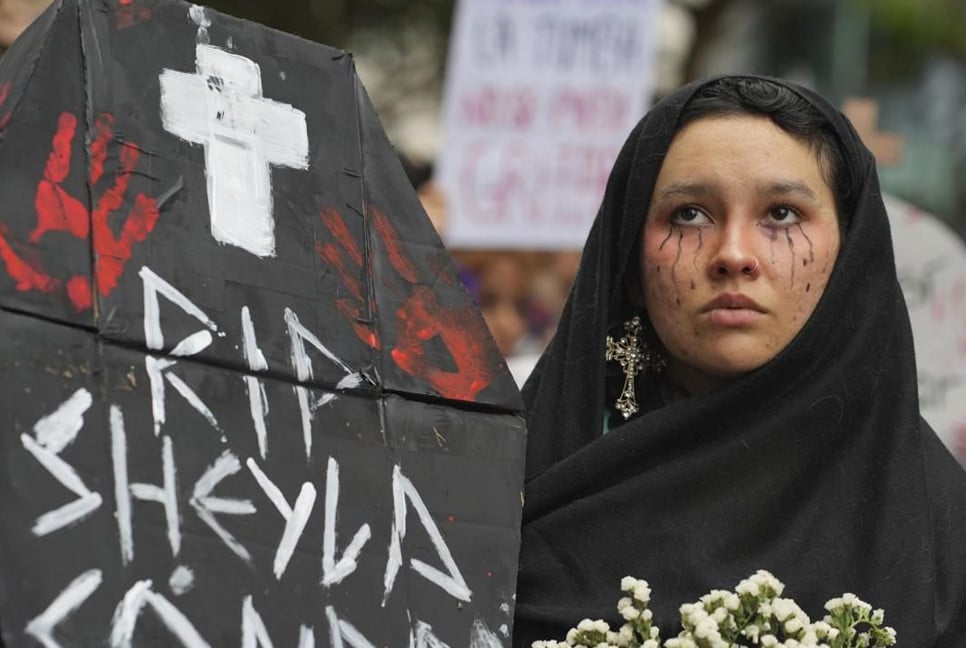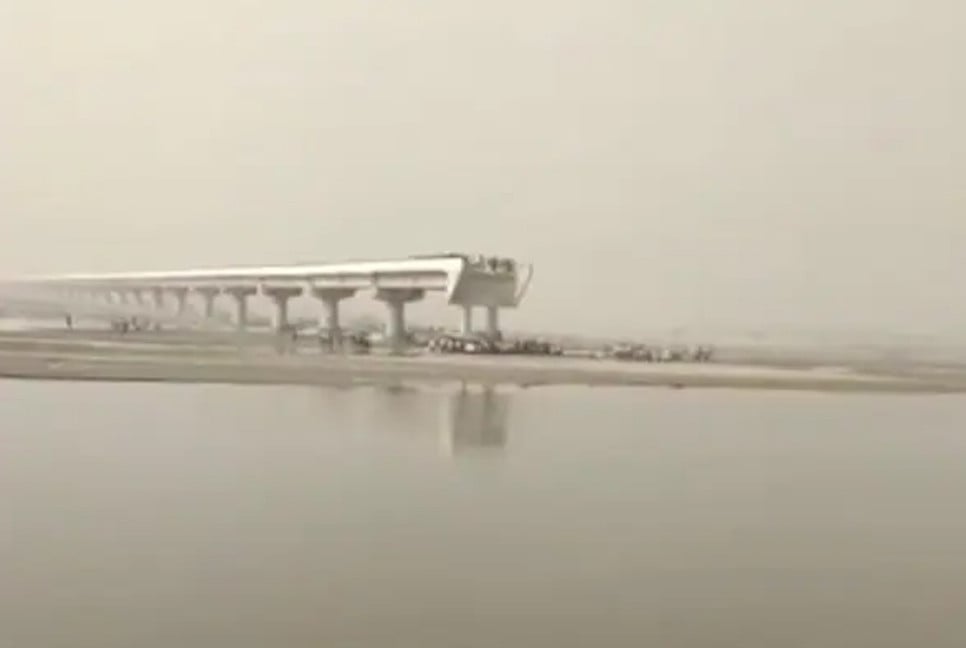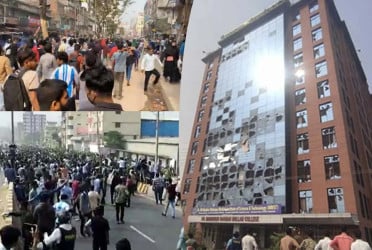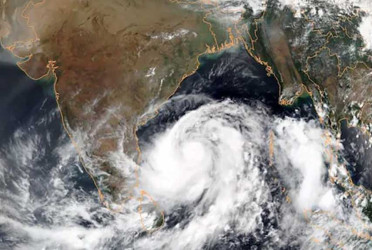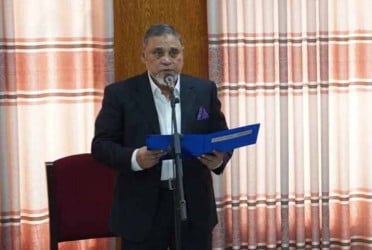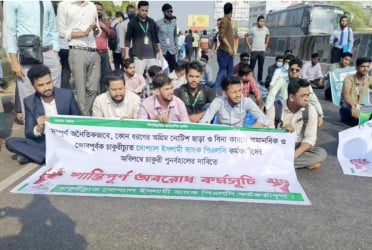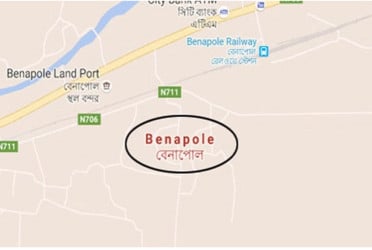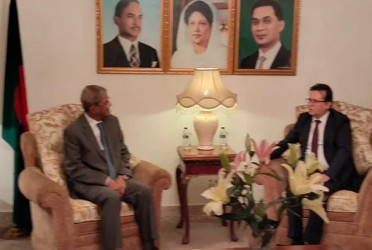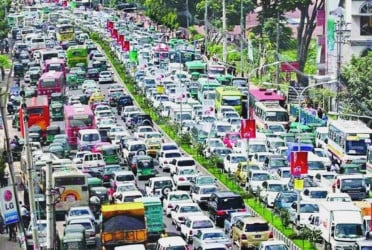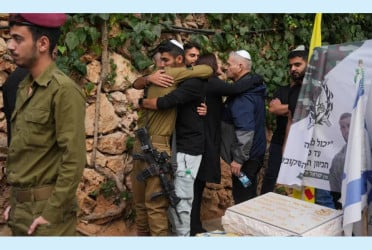The Israeli army on Monday ordered tens of thousands of Palestinians in Gaza's southern city of Rafah to start evacuating from the area, signaling that a long-promised ground invasion there could be imminent.
The announcement complicates last-ditch efforts by international mediators, including the director of the CIA, to broker a cease-fire. The militant Hamas group and Qatar, a key mediator, have warned that invading Rafah — along the border with Egypt — could derail the talks, and the United States has repeatedly urged Israel against the invasion, reports AP.
However, Israel has described Rafah as the last significant Hamas stronghold after seven months of war, and its leaders have repeatedly said the invasion is necessary to defeat the Islamic militant group.
Lt. Col. Nadav Shoshani, an army spokesman, said some 100,000 people were being ordered to move to a nearby Israel-declared humanitarian zone called Muwasi. He said Israel was preparing a “limited scope operation” and would not say whether this was the beginning of a broader invasion of the city. But after Oct. 7 and the unprecedented attack on southern Israel by Hamas, Israel did not formally announce the launch of a ground invasion that continues to this day.
Overnight, Defense Minister, Yoav Gallant, told U.S. Secretary of Defense, Lloyd Austin that Israel had no choice but to act in Rafah. On Sunday, Hamas carried out a deadly rocket attack from the Rafah area that killed four Israeli soldiers.
Shoshani said Israel published a map of the evacuation area, and that orders were being issued through air-dropped leaflets, text messages and radio broadcasts. He said Israel has expanded humanitarian aid into Muwasi, including field hospitals, tents, food and water.
Israel's army said on the social platform X that it would act with “extreme force” against militants, and urged the population to evacuate immediately for their safety.
Israel's plan to invade Rafah has raised global alarm because of the potential for harm to more than a million Palestinian civilians sheltering there.
About 1.4 million Palestinians — more than half of Gaza’s population — are jammed into the city and its surroundings. Most of them fled their homes elsewhere in the territory to escape Israel’s onslaught and now face another wrenching move or the danger of staying under a new assault. They live in densely packed tent camps, overflowing U.N. shelters or crowded apartments, and are dependent on international aid for food, with sanitation systems and medical facilities infrastructure crippled.
Bd Pratidin English/Lutful Hoque


